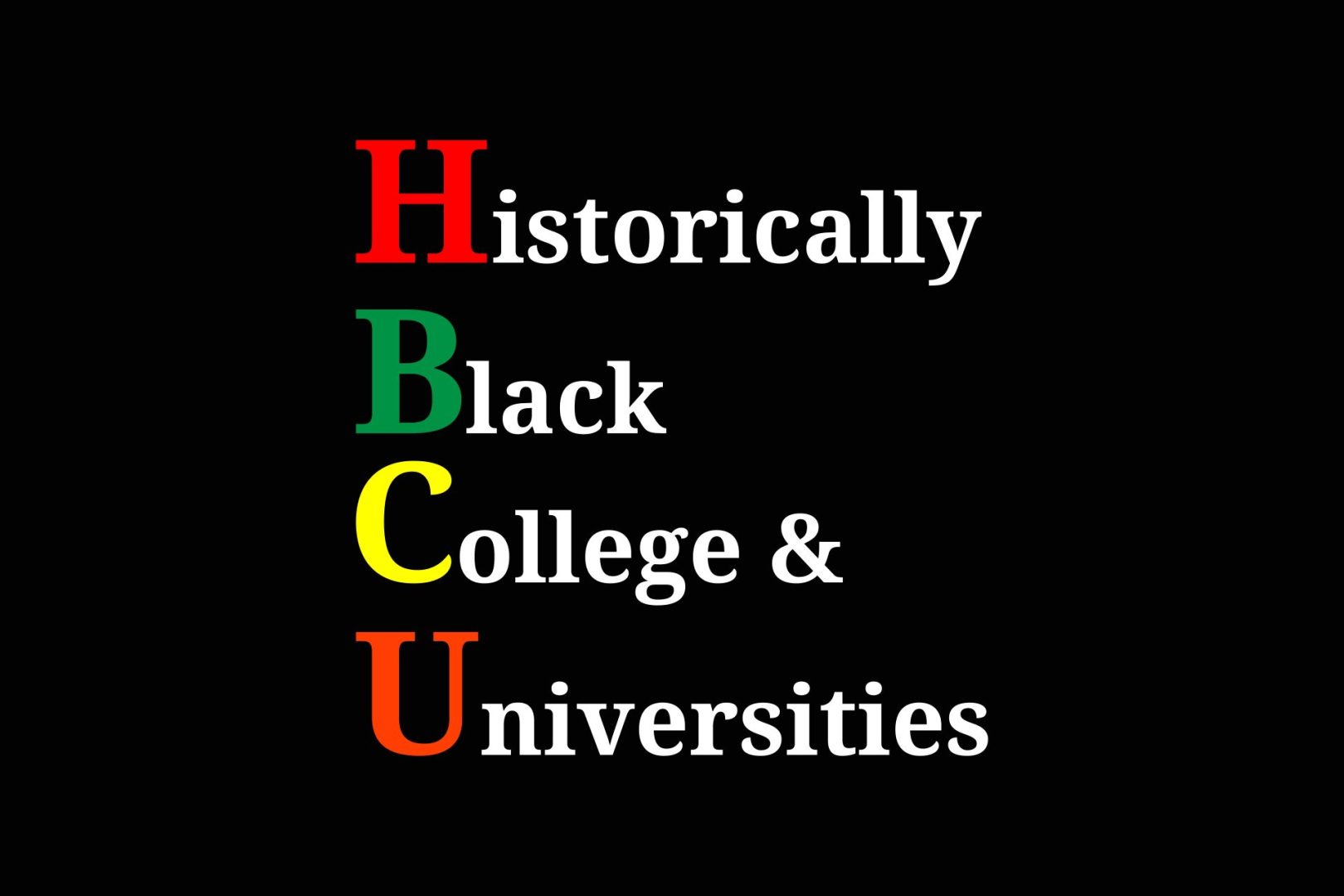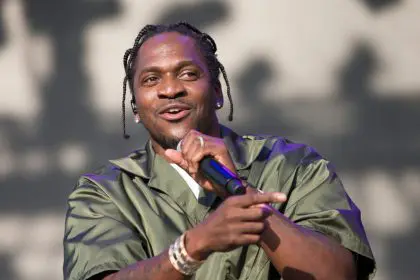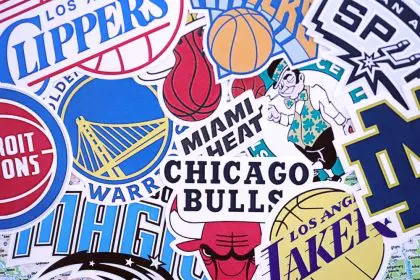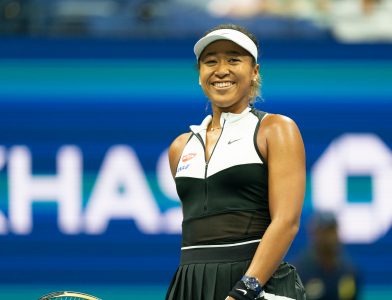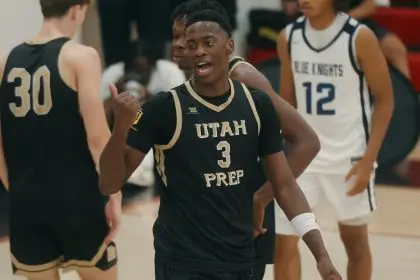Monumental Sports Network will broadcast 38 historically Black college and university basketball games this season, marking its largest commitment to HBCU sports coverage to date. The network’s expanded schedule includes 20 games through HBCU Go and a new partnership with Hampton University.
The network plans to air 67 total college basketball games, featuring teams from the Washington, D.C.-Maryland-Virginia region, including George Mason University, Towson University, University of Richmond and George Washington University.
“With universities from D.C., Maryland and Virginia, as well as several HBCUs playing on our air this year, we are achieving our goal of using our platform to uplift local athletics at all levels,” says Caitlin Mangum, vice president of content and programming at Monumental Sports.
Hampton University graduate Mikayla Roberts emphasizes the partnership’s significance for HBCU athletics. “HBCU sports are so often underrated and unseen. This partnership gives us an opportunity to be seen as the sports powerhouses that we often times are,” Roberts says.
The Hampton Pirates men’s basketball team enters the season with key roster additions, including graduate transfer Noah Farrakhan. The New Jersey guard brings significant experience, having scored over 1,000 collegiate points and averaging 12.1 points and 2.7 assists during two seasons at East Carolina.
The broadcast schedule begins Nov. 16 with a Hampton doubleheader. The men’s team plays at 5 p.m. EST, followed by the women’s team at 8 p.m. EST. Games will be available through TV providers on Monumental Sports Network and streaming on monumentalplus.com or the Monumental+ app.
This expanded coverage represents a significant increase in HBCU basketball visibility. The partnership aims to showcase talent from historically Black institutions while strengthening regional sports programming.
Hampton’s men’s team looks to improve upon last season’s performance, when they finished near the bottom of the Coastal Athletic Association conference. The addition of experienced players like Farrakhan signals the program’s commitment to building a more competitive team.
The initiative aligns with growing efforts to increase national exposure for HBCU athletics. Industry observers note that increased visibility often leads to improved recruitment opportunities and stronger athletic programs at historically Black institutions.

